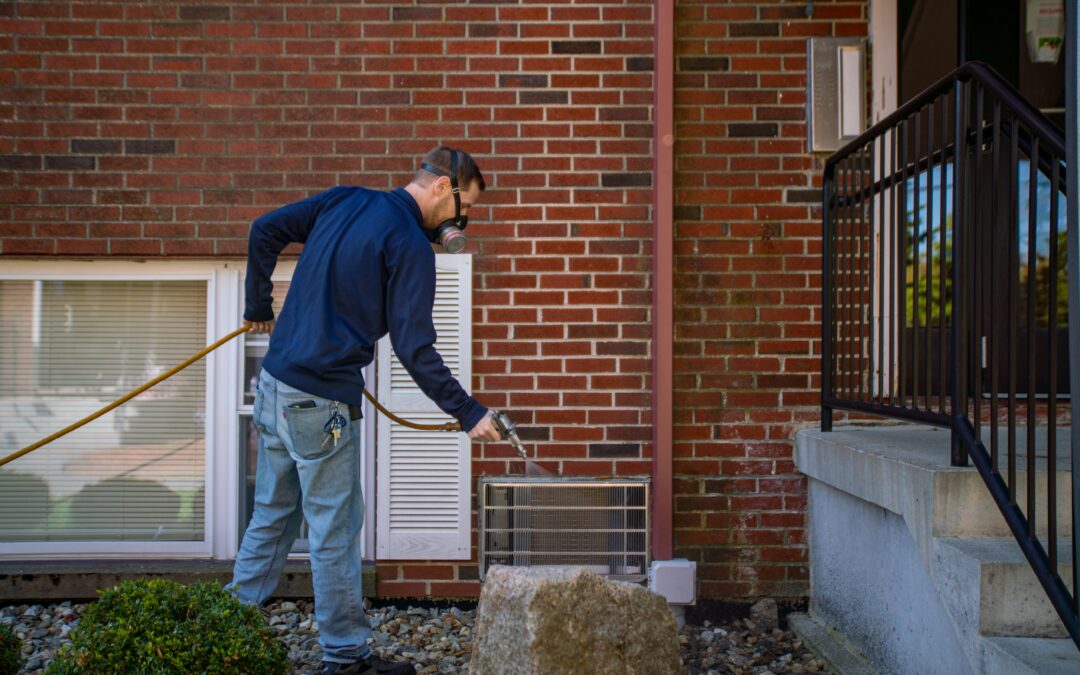Carpenter ants are one of the few ant species that pose a substantial threat. These ants are attracted to the wood of the home, where they will build their colonies, and over time the damage to the home can become extensive.
Appearance
Carpenter ants have some of the largest workers in the US, reaching lengths of half an inch. In terms of coloration, they are black, but some subspecies can be yellowish or reddish. The workers will also have noticeable mandibles. This large size is actually good news for homeowners because it makes it much easier to identify that an infestation is present when you see large workers crawling around the home.
Habitat and diet
Carpenter ants are attracted to moist, decaying or hollow wood, and this wood can be found both inside and outside the home. They will use this wood as a medium in which to build their colony. This is what makes them similar to termites. What sets them apart is their diet. Carpenter ants will not actually eat the wood – they will still have to leave the colony to forage, and it is during their foraging activities that you can detect an infestation.
How infestations start
The wood in the home can become water damaged due to a variety of factors, such as high humidity in the home, leaky pipes in the wall, or a clogged gutter. When this happens, carpenter ants and termites will be drawn to the wood, and the odds of an infestation with a wood-boring pest skyrockets. However, carpenter ants might also set up in the home if moisture issues are not present, but they have access to various food sources.
How carpenter ant infestations are removed
Carpenter ants are more difficult to remove than other ant infestations because they build their colonies inside of wood. Most ant infestations can be quickly eliminated by pouring insecticides directly onto the ant mound, and this will kill off the entire colony in a matter of minutes. With carpenter ant colonies, baits have to be used, which are very effective as well, but which can take up to a few weeks to destroy the entire colony.
For more information about carpenter ants and how they are controlled, or if you have a carpenter ant infestation and you need professional help in order to get rid of it, contact us today.

